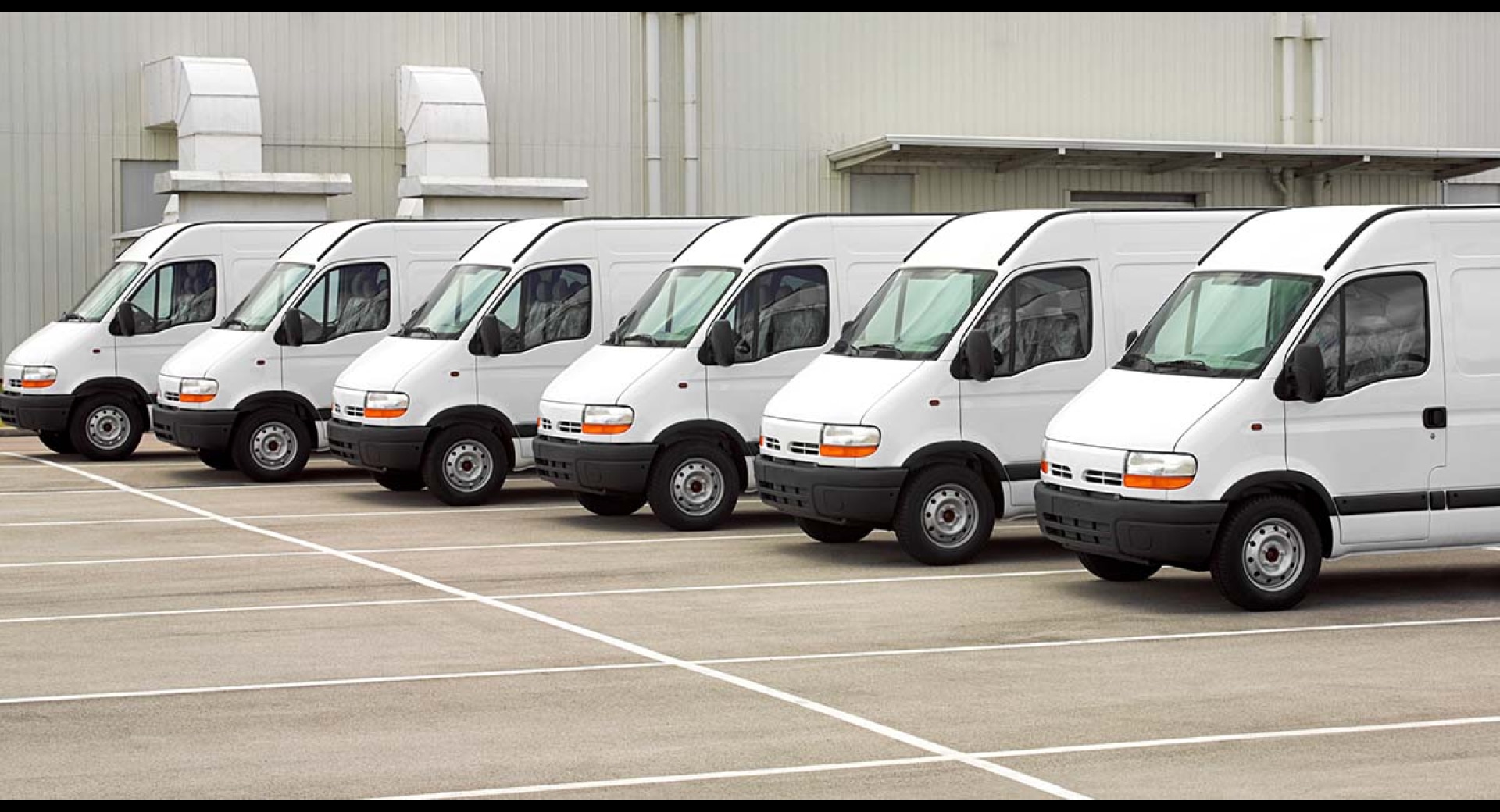
Commercial Auto Insurance in Ontario
Your vehicles are essential to your business. Whether your business has one car or multiple vehicles in Ontario, you’ll need protection with commercial auto insurance.
Don’t be confused about the different names you will hear for commercial auto insurance. It’s also called commercial vehicle insurance, commercial car insurance, or business car insurance.
Here’s your guide to commercial auto insurance in Ontario, whether you are in Parry Sound, Brampton, Schomberg, the Greater Toronto Area, Petawawa, or Kitchener:
Why shouldn’t I use my personal car for my business?
If you only have your personal car insurance coverage and you get into a collision while using your car, it may not cover you for damages. Most personal car insurance policies in Ontario don’t cover accidents that may happen if you are using your car for business.
It’s needed for vehicles such as: company cars, contractors, couriers, food trucks, taxis, Uber and limousines, box and flatbed trucks, tractor trailers, tow trucks, dump trucks, and cement mixers – and any vehicle that is used for business.
You should also have commercial auto insurance if you take clients out in your car. If you get into an accident, any litigation will fall to you and your assets, and not your business, if you don’t have commercial insurance.
Only commercial auto insurance protects you and your business from driving-related accidents and losses.
What kind of protection does commercial auto insurance provide?
You need commercial auto insurance to protect you, your business and any employees using your vehicle(s) for business.
What is mandatory:
Insurance: All drivers in Ontario must be insured to drive legally. The Ontario Ministry of Transportation has estimated that two per cent of all drivers on the road in Ontario do not have car insurance. (There are roughly 8.5 million licensed drivers in Ontario.)
Third-party liability: It provides you with financial support if you or an employee are responsible or at fault for an accident that results in property damage, personal injuries, or the death of another person. It will pay for their medical costs, repairs to their vehicle, and damage to their property. You will also be covered for any legal expenses you face from a lawsuit.
It’s recommended that you have coverage of $1 million or $2 million to protect yourself and your business.
Accident benefits: They include coverage of such things as income replacement, medical rehabilitation, miscellaneous benefits, and death and funeral benefits.
Direct compensation-property damage (DCPD): It provides you with compensation if you are hurt, or if your vehicle is damaged in an accident that you did not cause. In this case, you can file a claim to your insurance company for compensation directly.
To qualify for DCPD compensation, you must not be at fault for the accident, which must have happened in Ontario. One or more vehicles must be involved in the collision and all the vehicles involved must be identified and insured.
What is optional:
You might want to consider collision insurance, which provides you with protection to help cover the costs of damages if your vehicle is in an accident by hitting another car or object.
You can also consider comprehensive insurance to protects your vehicle from risks unrelated to a collision such as fire, theft, vandalism, falling objects and natural disasters. You’ll need to decide what coverages you need based on your risk tolerance and the age and ownership of your vehicle(s).
All perils coverage is a combination of everything under collision insurance and comprehensive insurance into a single policy. It also includes coverage for the loss or damage caused if your vehicle is stolen by an employee, someone making repairs, or by someone who lives in your home.
You should also have coverage for a replacement vehicle.
Be sure to talk to your commercial auto insurance expert to understand what you need in your situation.
Specialized Coverage for Commercial Auto:
You may need a commercial fleet policy if your business uses multiple vehicles. It allows you to insure all vehicles under one policy. You can either insure all drivers on all vehicles or assign named drivers. It provides the same coverages offered under commercial automobile policies.
You may need a garage auto policy if you are handling vehicles owned by others in your business. Businesses such as car and truck dealerships, repair garages, auto body shops, service stations, tow truck operations and parking lot owners require a garage auto policy.
However, if you lease vehicles to others, you will need a commercial auto policy rather than a garage auto policy.
Talk to your Western car insurance expert about what kind of coverages you need to protect your business.

